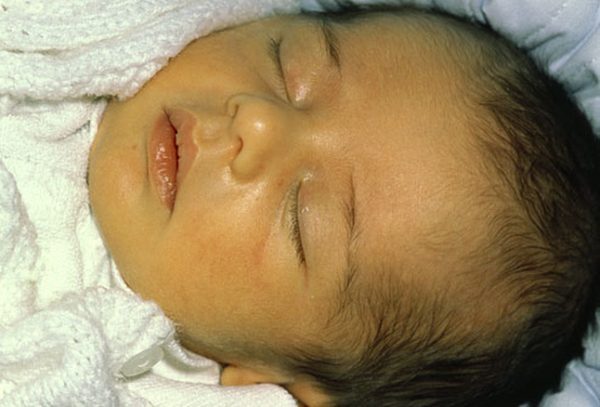
During the predominant reproductive years between puberty and menopause, there can be an absence of menstrual bleeding owing to various factors and this condition is known as Amenorrhea. Amenorrhea is not a disease or an indication of a person’s fertility but this could be a sign of an underlying health issue that needs to be investigated. Phases like pregnancy or while breastfeeding or menopause after the age of 50, can automatically mean a stop to menstruation but during other times when a period is expected and it fails to occur, then this can be considered as amenorrhea.
Apart from a lack of periods some other signs or symptoms that can help with a diagnosis of amenorrhea can be hair growth on the face or over the breastbone, or bald patches, acne, pelvic pain, headaches, changes in vision, bruises or patches of dark skin. Amenorrhea can be primary and secondary. Primary Amenorrhea is when menstruation does not seem to start during puberty by the age of 16 years. Secondary amenorrhea is when periods start, but then they stop suddenly. The Secondary condition is ascertained when the patient used to have regular periods and then not for 3 months or when the patient had irregular periods and then for 6 months there is an absence of menstruation.
The commonly seen cause of Primary amenorrhea is often a family history of delayed menstruation but this can also be because of certain genetic conditions that stops the ovaries from working properly. Some such genetic issues could be Turner syndrome which leads to high levels of testosterone, a Müllerian defect which is when there is a malformation of uterus, cervix, fallopian tubes or a lack of vaginal opening. There can also be some structural problem of the genitals that can be from birth. In this case, it is only natural that menstruation will not happen when the reproductive development does not follow a normal course.
In secondary amenorrhea, menstruation could stop because of numerous reasons like a gynecological disorder, some serious illness, physical stress, having a very low body mass index (BMI) say below 19, serious weight loss from a physical illness or an eating disorder or stringent exercise or even severe emotional trauma or extreme stress. Some medications, like progesterone-only contraceptives, antipsychotics, cancer chemotherapy drugs, antidepressants, blood pressure drugs and allergy medications. Certain long-term health conditions can also be a cause for menstruation to stop like polycystic ovary syndrome, premature ovarian failure, thalamic pituitary problems, pituitary problems or an underactive thyroid which can lead to a hormone imbalance and thus resulting in menstrual problems.
Primary amenorrhea can be treated depending upon the cause, the patient’s age and an ovary function test. Surgery might need to be considered if the issue is due to physical or genetic problems. The main complication of leaving amenorrhea untreated is infertility as without a menstrual cycle, pregnancy may not be possible. Another complication is that if the amenorrhea is caused by low estrogen levels, then there can be a risk of osteoporosis which is a weakening of bones.
Here’s where you can reach us for appointments or for answers to all your pregnancy/ Gynaecology or fertility related questions
Website: http://www.kjkhospital.com/contact-us/
Phone Numbers: 0471-2544080, 2544706
Email: kjkhospital@gmail.com





